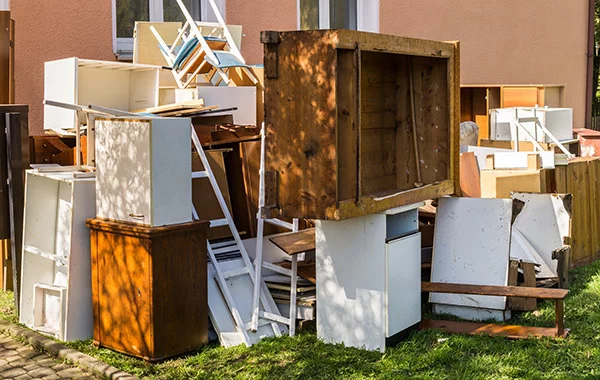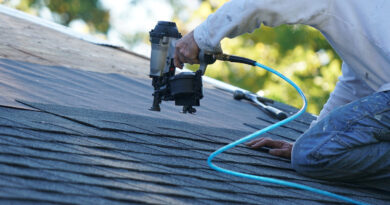What Are the Main Disposal Options for Household Bulky Waste
Household bulky waste refers to all kinds of bulky and huge items lying idle in your attic, including furniture, appliances, kids’ strollers, cribs and mattresses. These items cannot fit the regular household dustbins without breaking or dismantling. They may need shredding or supervised dismantling to break down into smaller parts.
Though these are waste items, they are not disposed of. They just keep on piling up in temporary storages or attics without being used. They keep gaining more dust with little or no usage at all.
Some common types of bulky waste include furniture, kitchen and home appliances, children’s stuff, and construction materials. Many household owners may find bulky waste disposal challenging, so they should seek professional help. There are reputed and experienced bulky waste management firms which can help households manage and dispose of their bulky waste effectively. They offer professional and environment-friendly solutions.
Reasons To Dispose Bulky Waste
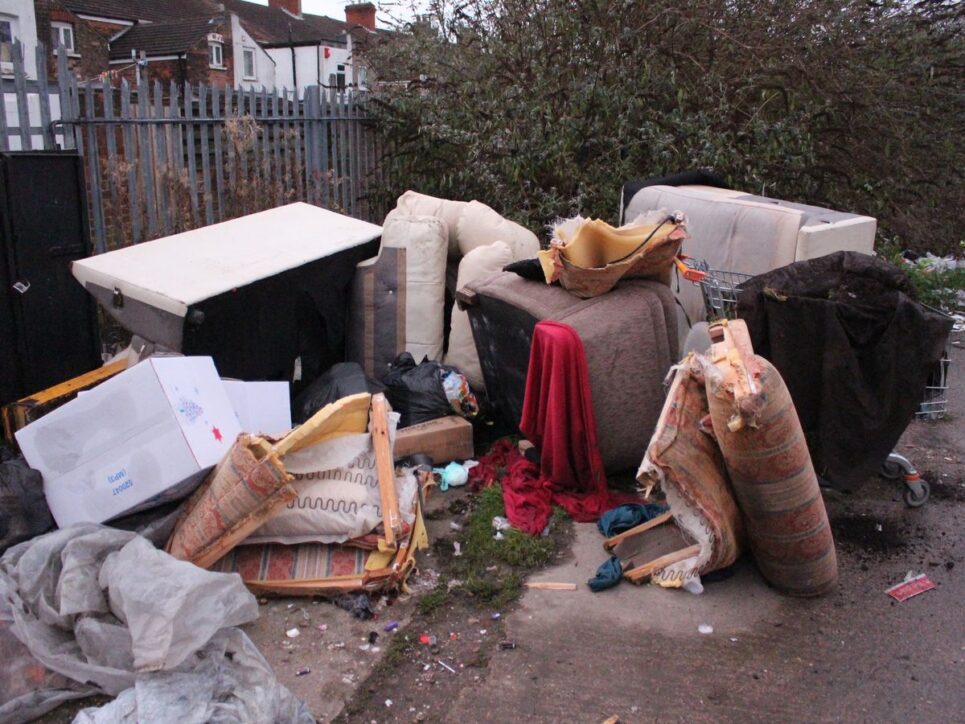
There may be several reasons for the same. The most common reason here is that it is not seen as waste. People feel that they will be able to use these items in the near future and tend to store them away. They feel that these items may be going to storage temporarily but will be required soon. But that requirement never comes.
Another reason for the probable storage of bulky waste instead of disposal is its sentimental value. People may feel emotionally attached to many items like a refrigerator bought with their first salary, a bed brought together by a couple or a first office chair purchased by a young entrepreneur.
Many may decide to refrain from disposing of it because of the challenge of disposing of large-sized and heavy items. Whatever the reason for not disposing of them, these wastes are just cluttering your space. You may move them from the living area to the attic, backyard, or store, but nevertheless, they are a waste and need to be disposed of soon. Apart from cluttering home spaces, they are hazardous to the environment also. They may pose safety issues as they may catch fire or rot and bring bad odour. Or they may attract rats or pests, especially wooden furniture.
Moreover, excess piling of bulky waste, especially in the open, can attract legal penalties.
Disposal Options For Household Bulky Waste
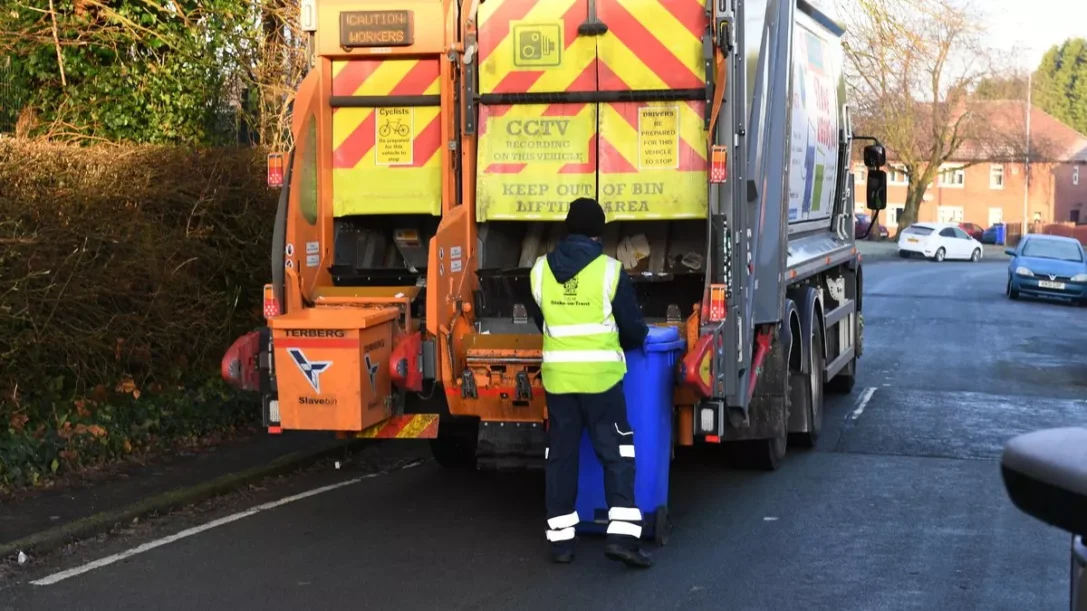
So, overcome the fear of disposing of and think of ways to effectively and efficiently do it. The priority should always be to reuse the items. Try not to dispose of the items until and unless they are usable.
Furniture
But, it may not be possible as you may be remodelling your home, and they do not go with your new home’s aesthetics. Many furniture makers are now well-equipped to remodel old furniture. You can transform your dresser into a bookshelf or a shoe rack. Or you can opt for re-paint or upholstering your furniture items. With new upholstery, a sofa can appear new and different. In fact, remodelling can lead to making unique and exclusive furniture items.
Kitchen And Home Appliances
Similarly, try to reuse kitchen and home appliances. These include washing machines, refrigerators, microwaves, OTGs and food processors, amongst others. If any part is broken or there is a malfunction, fix it. You may choose to go for the exchange or trade-off of the old appliance instead of a new one. Many companies run such schemes, which is a great way to get rid of old appliances. Not only do you save money, but also, companies are better equipped to reuse and dispose of old products.
Mattresses
Even mattresses can be recycled as they comprise almost 75% recyclable material. Their foam and fibre can be reused in carpets and even new mattresses. The challenge, though, is that only a few companies are involved in the mattress recycling business.
Kids toys
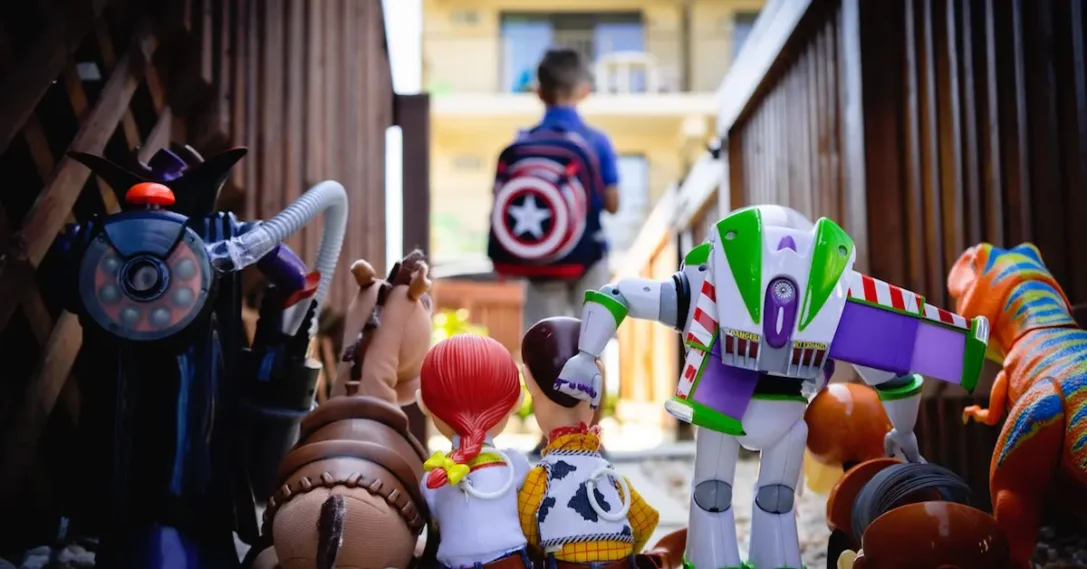
Households with growing children unintentionally may be generating a lot of bulky waste. Kids use many bulky items for a very short time, and after that, they render useless. Strollers, cribs, playpens, gigantic toys, soft toys, swings, play sets and outdoor bouncy’s are common bulky wastes.
Tyres
Some households even store old tyres. Though, the first option should be to retread the tyres. This is done by applying a new tread layer on the tyres. This extends the tyre life. Tres can be recycled as fuel or crumb rubber if worn out. Crumb rubber is used in making surfaces and pitches for playing.
Building Materials
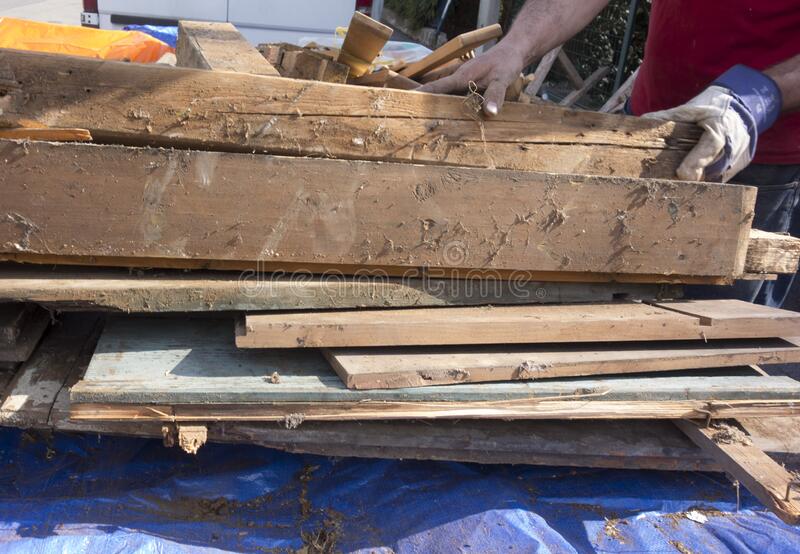
In case there has been a recent remodelling of the house, renovation or new construction, households may store leftover building materials also. This includes concrete, cement, metal, old doors, windows, sinks, bathtubs and frames. All this should be avoided.
Instead, ways should be found to repurpose them. Or they can be sold to salvage yard owners. Also, many materials like concrete, glass and metal can be easily recycled to be used as new building materials.
As responsible people, household owners can plan to build green buildings. Such buildings adopt sustainable practices during construction. They use recycled materials and renewable resources. Also, they deploy energy-efficient technologies for construction.
Resell
Households must wisely buy and use these items. An excellent way to reuse all the above-discussed items is to sell them in a garage sale, yard sale or attic clearance sale. It may go by any other name in your local community, but the idea is to reuse bulky items instead of disposing of them immediately. These items can be useful and relevant for other households. Not to mention, you can earn some money, and others may get to buy good quality items at cheaper rates.
If no such sales are available in your locality, you may resell them online. There are many trusted online websites and apps with verified buyers available. You may even get a free pick up of these items from your house. There is a huge demand for pre-loved and pre-used bulky items.
Donate

If you do not want to sell, then you may consider donating. You are doing a great deed by donating old but working appliances, toys, furniture, and other goods. You may donate to known people in need, charities, and community organisations.
Conclusion
As responsible inhabitants of this planet, everyone must adopt all possible ways to save and nurture the Earth. One step towards it is to dispose of all kinds of waste responsibly. The focus should be on recycling and reusing items as much as possible. Collective efforts can lead to meaningful gains and a beautiful living planet.
